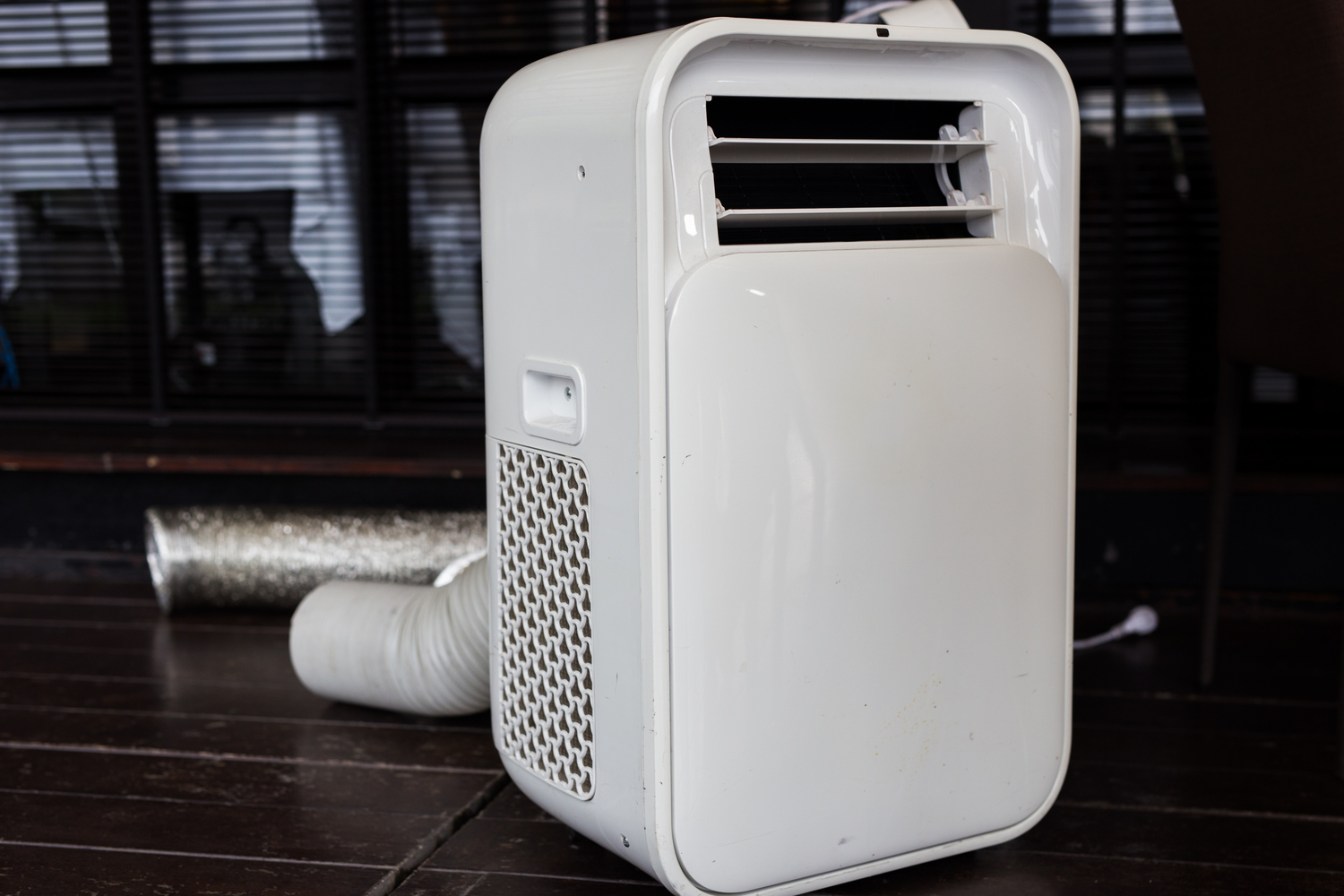Comprehensive Lifestyle Approaches for Caring for Individuals with Dementia
This comprehensive guide explores effective lifestyle strategies for individuals living with dementia, emphasizing health, sleep, social engagement, emotional well-being, and self-care. Practical tips help enhance quality of life, promote independence, and provide emotional support for both patients and caregivers. Discover ways to manage dementia holistically with routines, social activities, and proper healthcare to ensure a fulfilling, respectful life despite the challenges of the disease.

Comprehensive Lifestyle Approaches for Caring for Individuals with Dementia
Dementia is a progressive neurological disorder that profoundly affects memory, cognition, and daily functioning. It not only impacts those diagnosed but also their families and caregivers. While a diagnosis can be overwhelming, adopting effective lifestyle strategies can significantly improve quality of life, promote independence, and provide emotional stability. In this extensive guide, we'll explore practical tips across health management, social involvement, emotional support, and self-care to help individuals with dementia lead fulfilling lives.
Prioritizing Physical and Mental Well-being
Maintaining overall health is imperative for individuals living with dementia. A balanced diet rich in nutrients, coupled with regular physical activity, plays a crucial role in supporting brain health and bodily functions. Nutrition should focus on fruits, vegetables, lean proteins, and whole grains, while limiting processed foods and sugars. Regular exercise, such as walking, yoga, or tailored fitness programs, can enhance cardiovascular health, reduce anxiety, and improve mood. Since memory issues might lead to irregular eating habits, setting routines and using visual cues can help ensure proper nutrition. Additionally, engaging in cognitive exercises like puzzles, reading, or memory games can stimulate the brain and delay cognitive decline.
Addressing Sleep Issues Effectively
Sleep disturbances are common in dementia patients, often characterized by fragmented sleep patterns, early waking, or nighttime wandering. As dementia advances, these problems tend to intensify, impacting overall health and daily functioning. Establishing a consistent bedtime routine, creating a calming environment, and minimizing disruptions can facilitate better sleep. Avoiding caffeine and heavy meals close to bedtime is advisable. In some cases, healthcare providers may recommend medications or natural remedies to improve sleep quality. Managing comorbid conditions like arthritis or breathing difficulties also contributes to restful nights and improves daytime alertness, enhancing overall well-being.
Enhancing Social Engagement and Support
Social interaction is vital for safeguarding mental health and emotional stability in individuals with dementia. Staying connected with friends, family, or community groups combats loneliness and provides a sense of belonging. Participation in support groups tailored for dementia patients and caregivers offers invaluable shared experiences and coping strategies. Engaging in group activities, such as music therapy, arts and crafts, or gentle sports, can stimulate cognitive functions and provide enjoyment. Emotional support from trusted individuals helps reduce anxiety and depression, fostering resilience in facing daily challenges. Encouraging routine socialization and maintaining familiar connections create a supportive environment conducive to mental stimulation and emotional relaxation.
Managing Emotional Well-being and Mood Swings
Mood fluctuations, including feelings of sadness, irritation, or anxiety, are common as dementia progresses. It's essential to acknowledge these emotions without judgment and seek appropriate intervention when necessary. Open communication with loved ones, mental health professionals, or counselors allows for sharing feelings and gaining coping strategies. Techniques such as mindfulness, deep breathing exercises, and relaxation practices can alleviate stress. Creating a safe, predictable environment helps reduce confusion and agitation. Supportive therapies and medications may be prescribed to manage severe mood disturbances. Recognizing emotional changes early and addressing them compassionately enhances overall well-being and reduces the risk of depression.
Emphasizing Self-Care and Daily Routines
For individuals with dementia, establishing daily routines fosters a sense of security and independence. Simple self-care activities like grooming, hygiene, and dressing should be incorporated into consistent schedules. Encouraging participation in enjoyable activities, whether gardening, listening to music, or crafts, boosts self-esteem and cognitive engagement. Promptly addressing health issues, scheduling regular medical check-ups, and ensuring medication adherence are essential components of self-care. It is also important for caregivers to prioritize their own health and seek respite when needed. Self-care not only sustains physical health but also nurtures emotional resilience, ultimately enhancing the person’s quality of life and fostering dignity and autonomy.





